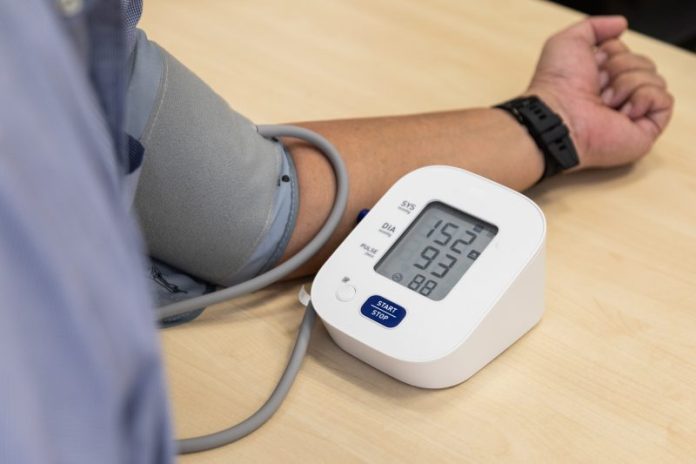
(NEXSTAR) – The American Heart Association and American College of Cardiology have updated their joint guidelines for people with high blood pressure for the first time since 2017, making changes to the way they recommend managing the condition.
The guidance expands the options for preventing and managing high blood pressure, which is a major risk factor for more severe health issues.
“By addressing individual risks earlier and offering more tailored strategies across the lifespan, the 2025 guideline aims to aid clinicians in helping more people manage their blood pressure and reduce the toll of heart disease, kidney disease, Type 2 diabetes and dementia,” said Dr. Daniel W. Jones, chair of the committee that writes the guidelines.
One big update has to do with GLP-1 medications, like Ozempic and Mounjaro, which have grown popular in recent years for their ability to promote weight loss. The new guidelines suggest patients with high blood pressure who are also overweight may want to seek a prescription for a GLP-1.
The American Heart Association also changed its guidance for pregnant and postpartum, recommending certain medications when patients record a stage 2 high blood pressure reading. The change is based on additional evidence that high blood pressure can cause serious complications, like preeclampsia, during pregnancy and after delivery.
Also new is an added emphasis on how hypertension can contribute to cognitive decline and dementia. New research shows that high blood pressure can damage blood flow to the brain, causing issues with memory and cognitive function.
Another major change in 2025 is advising doctors use a risk calculator, nicknamed PREVENT by the American Heart Association, to estimate patients’ risk of cardiovascular disease. The calculator looks at an individual’s age, sex, blood pressure, cholesterol and more to predict his or her risk of developing heart disease within 10 years and within 30 years.
Some things haven’t changed, however. The criteria for what constitutes high blood pressure remains unchanged from 2017:
| Normal blood pressure | less than 120/80 mm Hg |
| Elevated blood pressure | 120-129 mm Hg and <80 mm Hg |
| Stage 1 hypertension | 130-139 mm Hg or 80-89 mm Hg |
| Stage 2 hypertension | ≥140 mm Hg or ≥90 mm Hg |
The guidelines also still recommend a healthy lifestyle to prevent and manage blood pressure issues. Eating healthy, reducing salt, exercising and managing stressors are all recommended to reduce blood pressure and related conditions like heart attack, stroke, kidney disease, and more.

